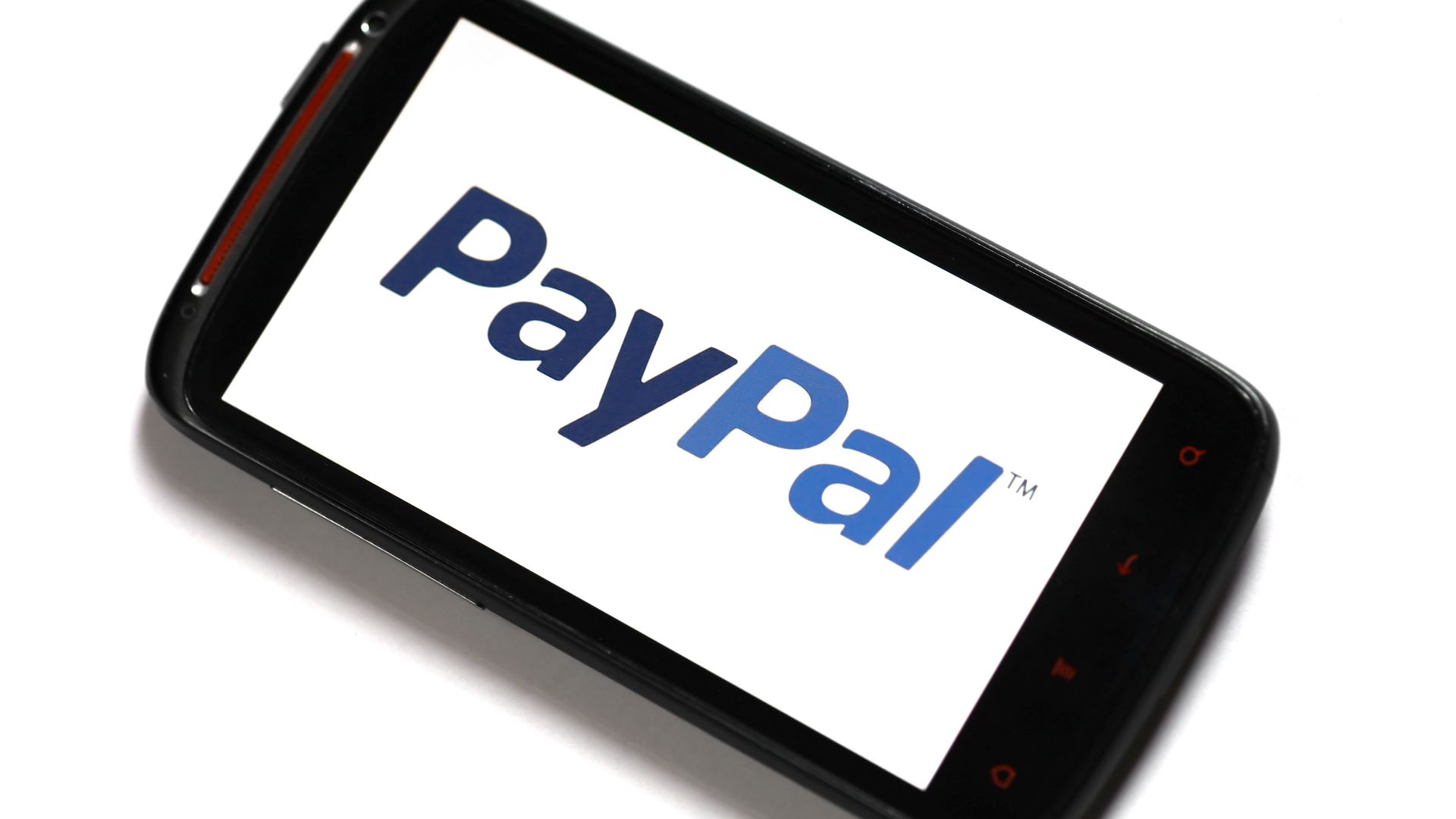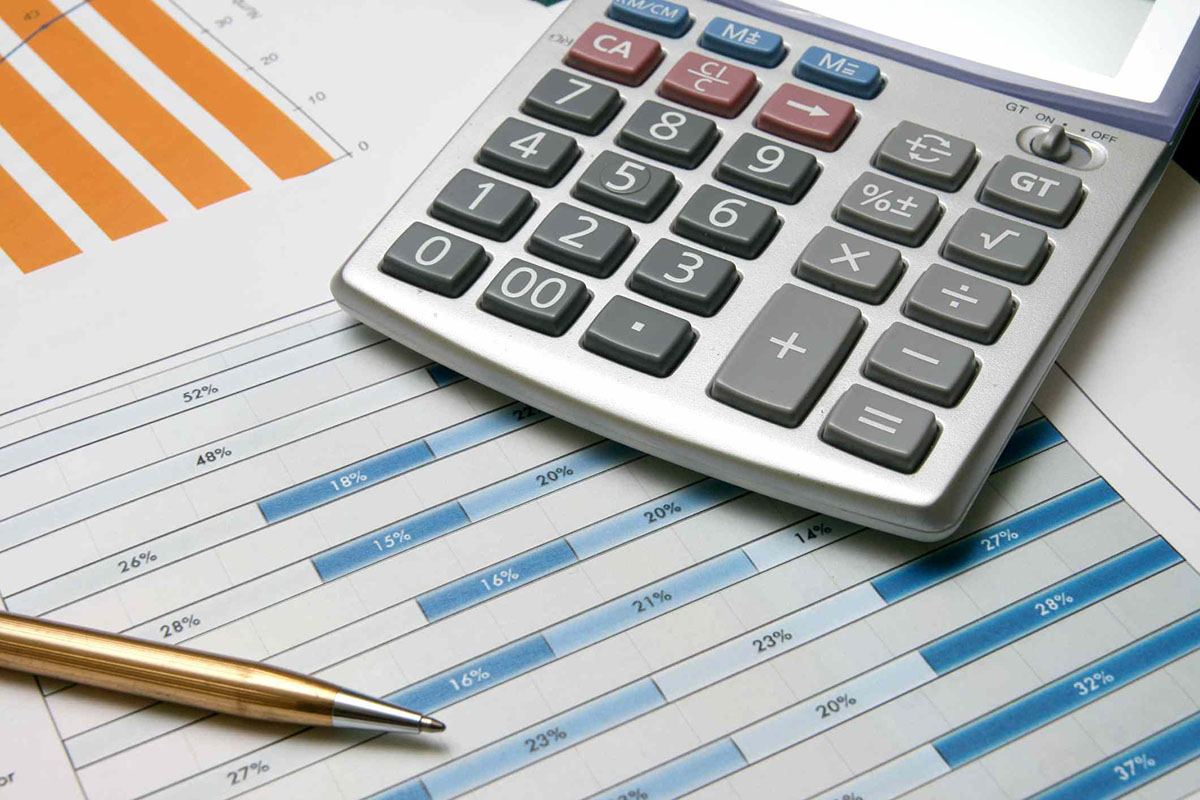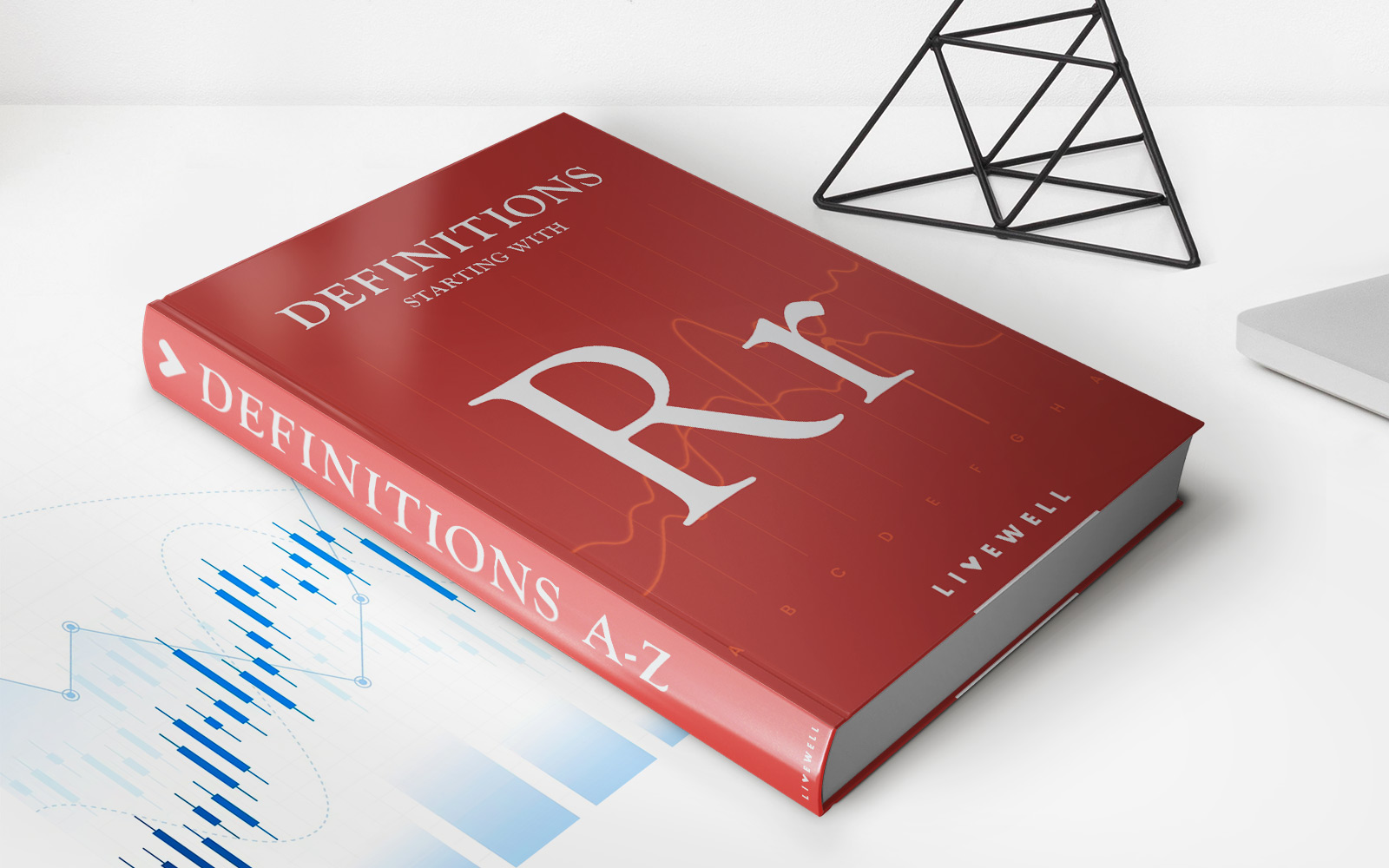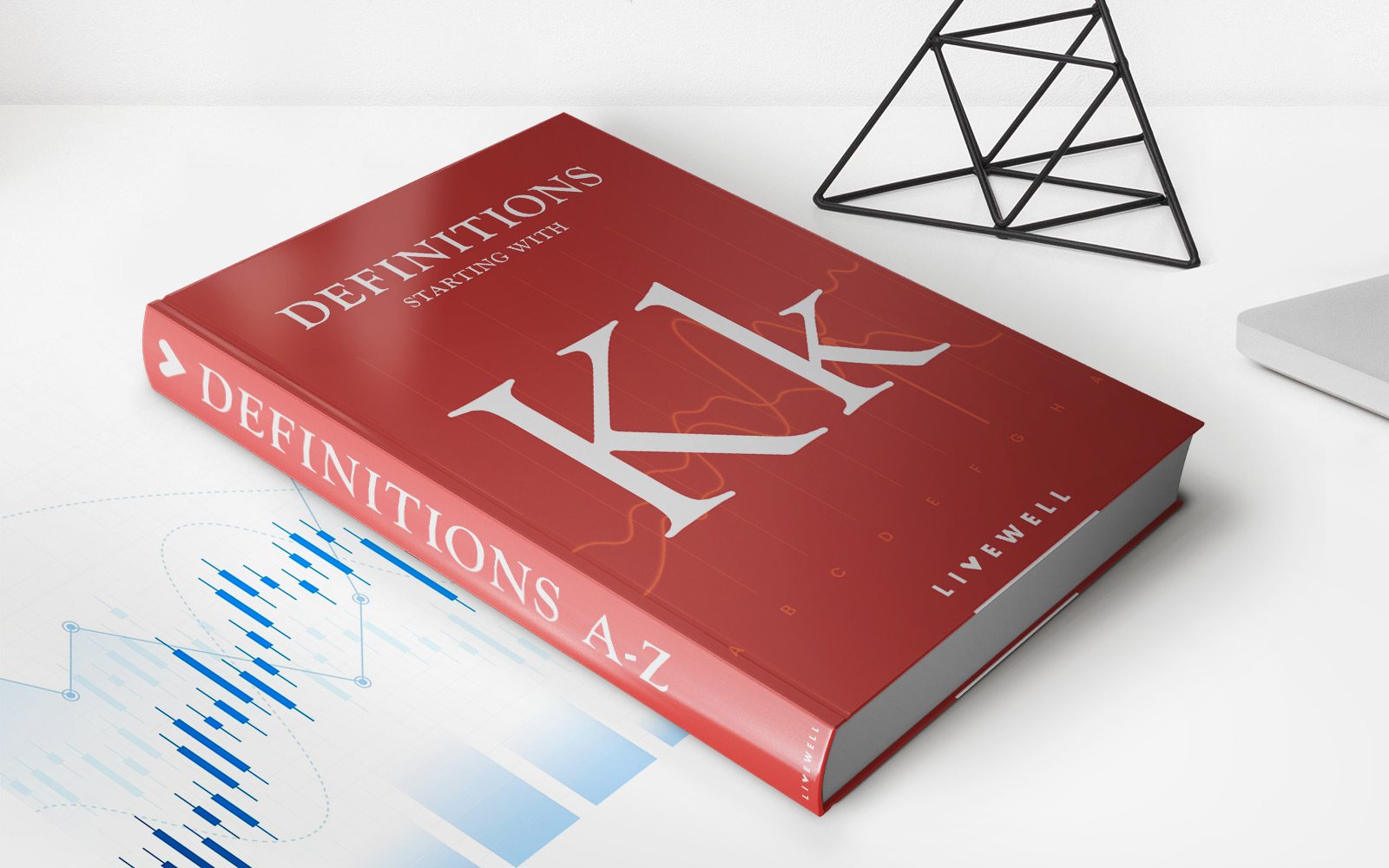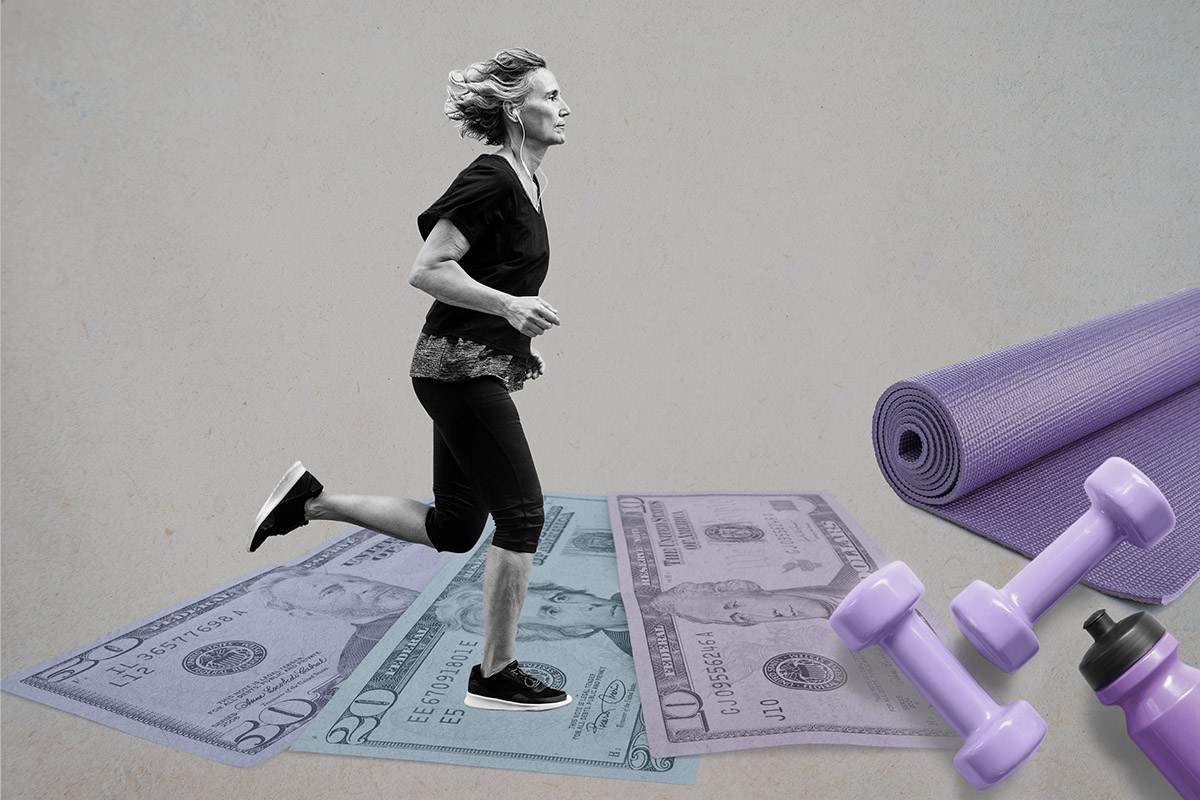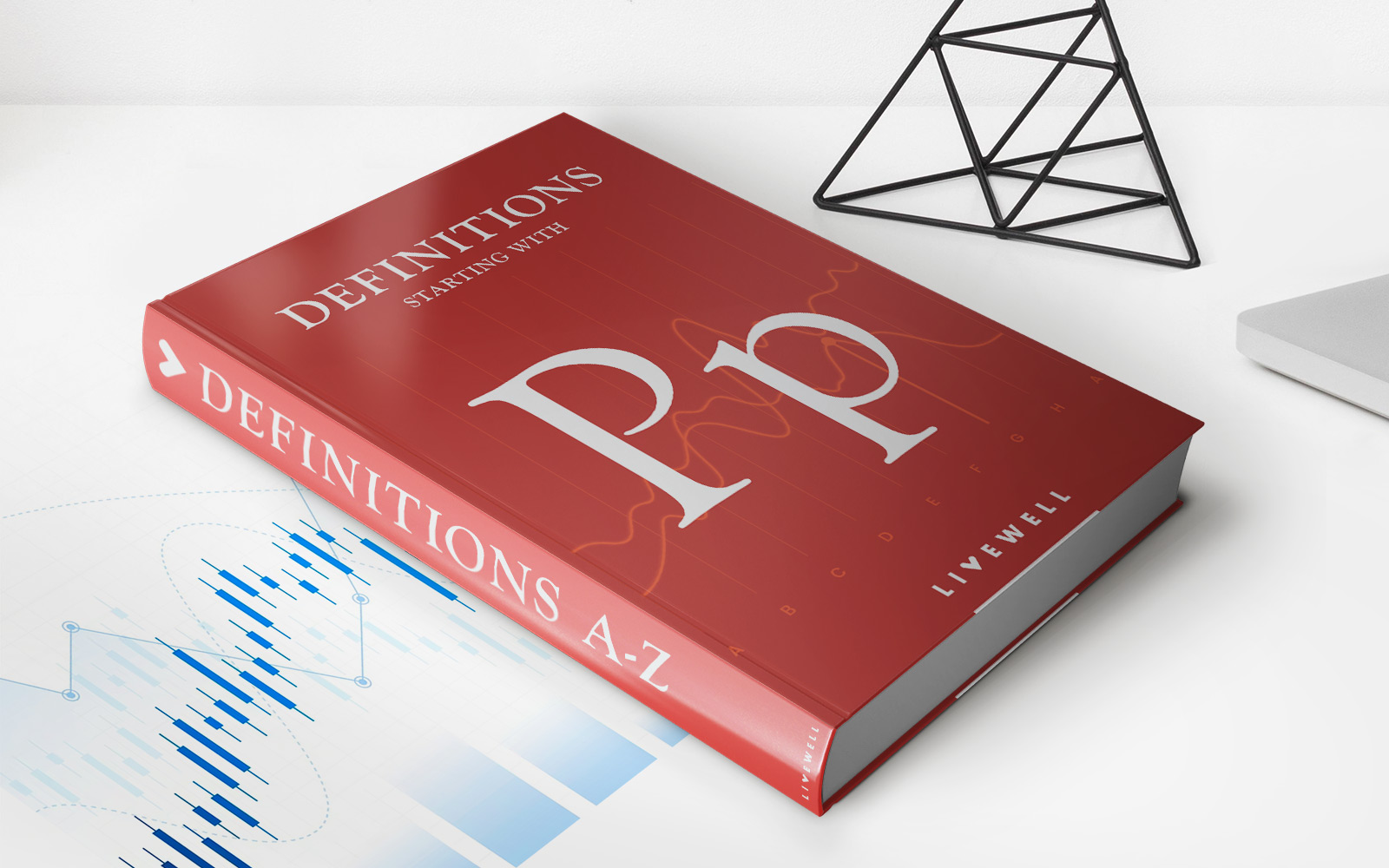Home>Finance>Why Is It More Difficult To Get Out Of Debt When Only Paying The Minimum Payment


Finance
Why Is It More Difficult To Get Out Of Debt When Only Paying The Minimum Payment
Published: February 25, 2024
Learn why it's challenging to escape debt by making only minimum payments. Explore effective financial strategies to regain control of your finances.
(Many of the links in this article redirect to a specific reviewed product. Your purchase of these products through affiliate links helps to generate commission for LiveWell, at no extra cost. Learn more)
Table of Contents
**
The Impact of Minimum Payments on Debt
**
When it comes to managing debt, making only the minimum monthly payment can significantly prolong the time it takes to become debt-free. Credit card companies typically set the minimum payment at a low percentage of the total balance, often around 2-3%. While this may seem manageable in the short term, it can have long-term consequences that affect both financial stability and mental well-being.
By making only the minimum payment, a substantial portion of the payment goes toward covering interest charges, leaving the principal balance largely untouched. This perpetuates a cycle of debt, where the remaining balance continues to accrue interest, making it increasingly difficult to eliminate. Moreover, carrying a high balance relative to the credit limit can negatively impact credit scores, further limiting financial flexibility.
It’s essential for individuals to understand the implications of sticking to minimum payments and the potential repercussions on their overall financial health. By delving into the specifics of how minimum payments affect debt, individuals can gain a clearer understanding of the urgency of addressing their debt in a more proactive and strategic manner.
The Impact of Minimum Payments on Debt
When it comes to managing debt, making only the minimum monthly payment can significantly prolong the time it takes to become debt-free. Credit card companies typically set the minimum payment at a low percentage of the total balance, often around 2-3%. While this may seem manageable in the short term, it can have long-term consequences that affect both financial stability and mental well-being.
By making only the minimum payment, a substantial portion of the payment goes toward covering interest charges, leaving the principal balance largely untouched. This perpetuates a cycle of debt, where the remaining balance continues to accrue interest, making it increasingly difficult to eliminate. Moreover, carrying a high balance relative to the credit limit can negatively impact credit scores, further limiting financial flexibility.
It’s essential for individuals to understand the implications of sticking to minimum payments and the potential repercussions on their overall financial health. By delving into the specifics of how minimum payments affect debt, individuals can gain a clearer understanding of the urgency of addressing their debt in a more proactive and strategic manner.
The Role of Interest Rates
Interest rates play a pivotal role in the accumulation of debt, especially when only minimum payments are made. Credit card interest rates are often notably high, compounding the challenges faced by individuals who solely make minimum payments. When a significant portion of the monthly payment goes toward interest, the reduction of the principal balance is minimal, perpetuating the cycle of debt.
Moreover, the impact of high interest rates extends beyond the immediate financial burden. It can lead to increased stress and anxiety, as individuals find themselves trapped in a cycle where a substantial portion of their payments is allocated to interest, with minimal progress made in reducing the actual debt. This can take a toll on mental well-being, affecting overall quality of life.
Understanding the influence of interest rates on debt is crucial for individuals aiming to regain financial control. By recognizing the long-term implications of high interest rates and the impact they have on the trajectory of debt repayment, individuals can make informed decisions regarding their financial strategies. Whether through seeking lower interest options, consolidating debt, or prioritizing repayment of high-interest accounts, addressing interest rates is a vital aspect of achieving financial freedom.
Psychological Factors at Play
Dealing with debt extends beyond the realm of numbers and financial strategies; it also encompasses a significant psychological dimension. When individuals find themselves constrained by debt and are only able to make minimum payments, it can lead to feelings of frustration, helplessness, and even shame. The prolonged nature of debt repayment under these circumstances can create a sense of being trapped in a never-ending cycle, impacting mental well-being.
Furthermore, the psychological burden of debt can manifest in various aspects of an individual’s life, affecting relationships, work performance, and overall happiness. The stress and anxiety stemming from financial insecurity can permeate every facet of life, leading to a diminished sense of well-being and hindering the pursuit of personal and professional goals.
Recognizing the psychological toll of debt is essential in addressing the issue effectively. By acknowledging the emotional impact of debt and minimum payments, individuals can seek out support systems, employ stress-reducing techniques, and develop a proactive mindset towards managing their financial situation. Cultivating a positive outlook and seeking assistance, whether through financial counseling or emotional support, can significantly alleviate the psychological burden and empower individuals to tackle their debt with resilience and determination.
The Importance of Making Larger Payments
Shifting from making minimum payments to larger, more substantial payments can yield profound benefits in the journey toward debt freedom. By allocating more significant sums towards repayment, individuals can effectively reduce the principal balance, thereby mitigating the impact of compounding interest. This approach accelerates the debt repayment process, ultimately leading to substantial savings on interest payments over time.
Moreover, making larger payments not only expedites the path to debt freedom but also fosters a sense of empowerment and control. It allows individuals to actively take charge of their financial situation, instilling a positive momentum that propels them closer to their goal of becoming debt-free. This proactive approach can alleviate the psychological burden associated with debt, promoting a sense of accomplishment and paving the way for improved overall well-being.
Furthermore, by making larger payments, individuals can minimize the long-term financial strain caused by high-interest debt. With a more aggressive repayment strategy, they can redirect funds that would have been allocated to interest payments towards savings, investments, and other financial goals, thus laying the groundwork for a more secure and stable financial future.
Ultimately, the shift from minimum payments to larger payments represents a pivotal step towards regaining financial freedom and control. By embracing this approach, individuals can expedite their journey out of debt, alleviate the psychological burden, and set the stage for a more prosperous and financially secure future.
Strategies for Getting Out of Debt Faster
When aiming to expedite the journey out of debt, several strategic approaches can significantly accelerate the repayment process and minimize the overall financial burden. Implementing these strategies empowers individuals to take proactive steps towards achieving financial freedom:
- Budgeting and Expense Tracking: Creating a comprehensive budget and meticulously tracking expenses enables individuals to identify areas where spending can be reduced, thus freeing up more funds for debt repayment.
- Debt Snowball or Avalanche Method: Utilizing either the debt snowball method, which focuses on paying off the smallest debts first, or the debt avalanche method, which prioritizes debts with the highest interest rates, can streamline the repayment process and provide a clear roadmap for becoming debt-free.
- Increasing Income Streams: Exploring opportunities to boost income, such as taking on a side job or freelance work, can provide additional funds that can be directly allocated towards debt repayment.
- Negotiating Lower Interest Rates: Engaging with creditors to negotiate lower interest rates or exploring options for consolidating high-interest debt can alleviate the financial strain and expedite the repayment process.
- Seeking Professional Guidance: Consulting with financial advisors or credit counselors can provide valuable insights and personalized strategies for managing and eliminating debt efficiently.
By incorporating these strategies into their financial approach, individuals can navigate a more direct path towards becoming debt-free, fostering a sense of empowerment and control over their financial well-being.
Conclusion
Addressing and overcoming debt requires a multi-faceted approach that encompasses both financial strategies and psychological resilience. The impact of minimum payments on debt can be profound, leading to prolonged repayment periods and exacerbating the overall financial burden. Understanding the role of interest rates and the psychological toll of debt is crucial in formulating effective strategies for debt elimination.
By recognizing the importance of making larger payments and implementing proactive strategies, individuals can expedite their journey out of debt, alleviate the psychological burden, and pave the way for a more secure financial future. Embracing budgeting, exploring debt repayment methods, and seeking professional guidance are instrumental in accelerating the path to debt freedom.
Ultimately, the shift from minimum payments to larger, more substantial payments represents a pivotal step towards regaining financial control. By adopting a proactive and strategic approach, individuals can navigate a more direct path towards becoming debt-free, fostering a sense of empowerment and laying the groundwork for a more prosperous and financially secure future.






